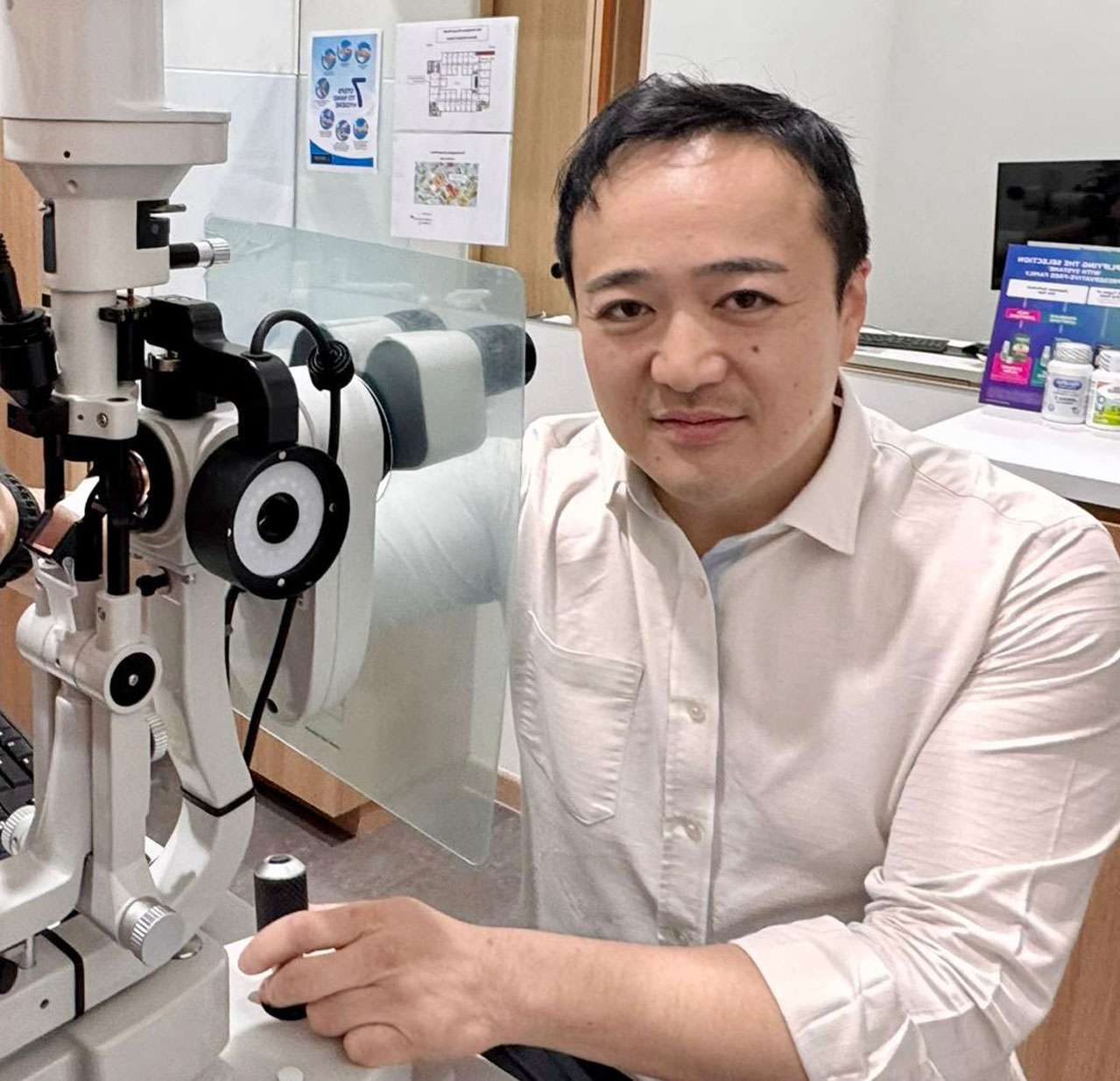Protecting the Core of Your Vision
The retina is the light-sensitive layer at the back of the eye, while the macula is its central portion, responsible for detailed tasks like reading, driving, and recognising faces. When these structures are damaged, the effects on vision can be significant and sometimes permanent.
At London Eye & Retina, we specialise in the diagnosis and treatment of retinal and macular conditions, offering tailored care to help stabilise, preserve, or restore vision when possible.
When Should You See a Retinal Specialist?
Many retinal diseases progress silently in the early stages. You may not experience symptoms until the condition is advanced. Seek a retinal evaluation if you notice:
- Blurred or distorted central vision
- Straight lines appearing wavy
- Dark patches or shadows in your field of view
- Flashes of light or new floaters
- Sudden loss of vision
Early diagnosis allows for more effective treatment and monitoring.
Conditions We Treat
Our retina and macula services cover a wide range of conditions:
1. Age-related Macular Degeneration (AMD)
AMD is a leading cause of central vision loss in older adults.
- Dry AMD involves gradual thinning of the macula
- Wet AMD involves abnormal blood vessel growth that leaks fluid or blood
Treatment:
- Regular monitoring
- Anti-VEGF injections for wet AMD
- Nutritional support for dry AMD
2. Diabetic Retinopathy & Diabetic Macular Edema
High blood sugar can damage retinal blood vessels, causing leakage, swelling, or bleeding.
- May cause vision fluctuations, floaters, or blurring
- Requires regular eye screening for individuals with diabetes
Treatment:
- Laser therapy
- Anti-VEGF or steroid injections
- Vitrectomy for advanced cases
3. Epiretinal Membrane (Macular Pucker)
A thin layer of tissue grows on the macula’s surface, causing wrinkling and visual distortion.
Treatment:
- Observation for mild cases
- Vitrectomy with membrane peeling if vision is affected
4. Macular Hole
A small break in the macula that may lead to central vision loss.
Treatment:
- Vitrectomy surgery with gas bubble placement to promote hole closure
5. Retinal Detachment & Retinal Tears
These are urgent conditions that can lead to permanent vision loss if untreated.
Symptoms:
- Sudden increase in floaters
- Flashes of light
- A “curtain” or shadow moving across vision
Treatment:
- Laser treatment or cryotherapy for tears
- Vitrectomy or scleral buckling surgery for detachment
6. Retinal Vascular Disorders
These include:
- Central Retinal Vein Occlusion (CRVO)
- Branch Retinal Vein Occlusion (BRVO)
- Central or Branch Retinal Artery Occlusion (CRAO/BRAO)
Treatment:
- Intravitreal injections
- Laser treatment
- Systemic risk factor management
7. Retinitis Pigmentosa & Hereditary Retina Conditions
These are inherited conditions that can cause progressive night blindness and peripheral vision loss.
Management includes:
- Genetic counselling
- Low vision support
- Monitoring for complications such as macular edema
Diagnostic Tools We Use
- Optical Coherence Tomography (OCT) for retinal layer analysis
- Fundus photography for documentation
- Fluorescein angiography for blood vessel imaging
- Ultrasound (B-scan) for viewing the retina when the media is unclear
These tools allow us to accurately diagnose and track changes in retinal health.
Personalised Treatment, Ongoing Monitoring
Not all retinal conditions can be cured, but many can be stabilised with early and consistent care. At London Eye & Retina, we prioritise safety, clear communication, and treatments supported by current clinical guidelines.
Book a Retina Assessment Today
If you’ve been diagnosed with a retinal condition, or are experiencing new vision changes, don’t delay care. Early treatment can protect the vision you rely on most.

